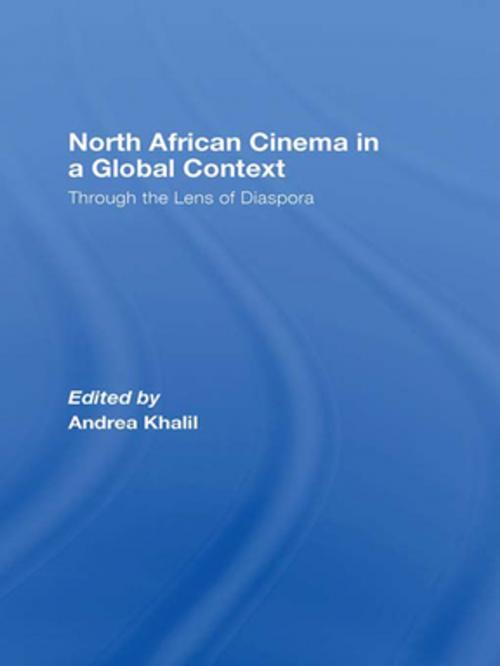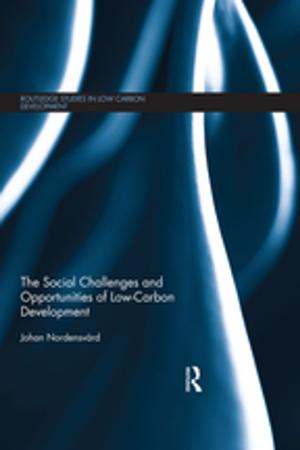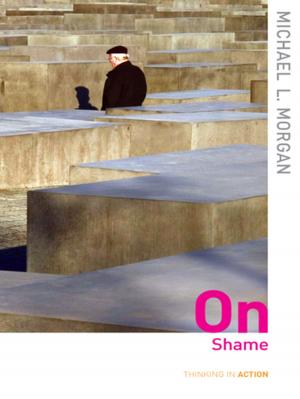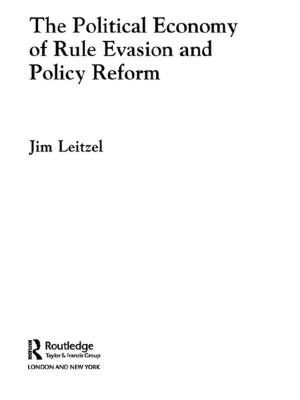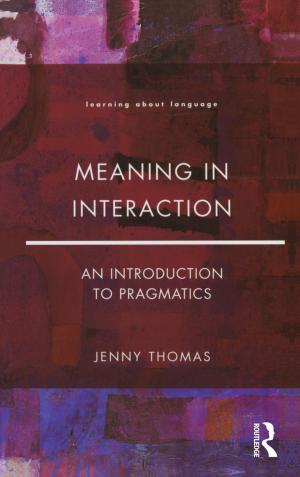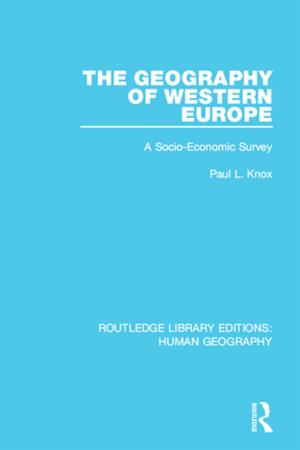North African Cinema in a Global Context
Through the Lens of Diaspora
Business & Finance, Economics, Foreign Exchange, Nonfiction, Social & Cultural Studies, Social Science| Author: | ISBN: | 9781317968627 | |
| Publisher: | Taylor and Francis | Publication: | October 18, 2013 |
| Imprint: | Routledge | Language: | English |
| Author: | |
| ISBN: | 9781317968627 |
| Publisher: | Taylor and Francis |
| Publication: | October 18, 2013 |
| Imprint: | Routledge |
| Language: | English |
This book provides insight into contemporary film production from North African countries referred to as the Maghreb. Focus is both on the socio-economic context of film production, which suffers some of the same setbacks and obstacles as other regions of the developing world, and on the thematic details treated in the films themselves. The book delves into ideas such as gender and sexuality, national identity, political conflict, and issues of post and neo-colonial relationships in the context of globalisation.
The book includes close analyses of individual films which at times show the taboo subjects of sexual and substance abuse, the lives of street children, and prostitution, as well as upper-class contradictions between an increasingly global position of privilege while in the midst of a traditionalist society. Others chapters focus on an individual filmmakers’ world view as depicted in representations of contemporary daily life of the average Tunisian, Moroccan or Algerian. The book provides an understanding of day to day existence in Morocco, Tunisia, and Algeria as depicted by local artists. The theoretical questions raised stretch beyond this topic to touch on ‘third world’ art and film production, and production in conditions of political repression and rigid moral conservatism.
This book provides insight into contemporary film production from North African countries referred to as the Maghreb. Focus is both on the socio-economic context of film production, which suffers some of the same setbacks and obstacles as other regions of the developing world, and on the thematic details treated in the films themselves. The book delves into ideas such as gender and sexuality, national identity, political conflict, and issues of post and neo-colonial relationships in the context of globalisation.
The book includes close analyses of individual films which at times show the taboo subjects of sexual and substance abuse, the lives of street children, and prostitution, as well as upper-class contradictions between an increasingly global position of privilege while in the midst of a traditionalist society. Others chapters focus on an individual filmmakers’ world view as depicted in representations of contemporary daily life of the average Tunisian, Moroccan or Algerian. The book provides an understanding of day to day existence in Morocco, Tunisia, and Algeria as depicted by local artists. The theoretical questions raised stretch beyond this topic to touch on ‘third world’ art and film production, and production in conditions of political repression and rigid moral conservatism.
